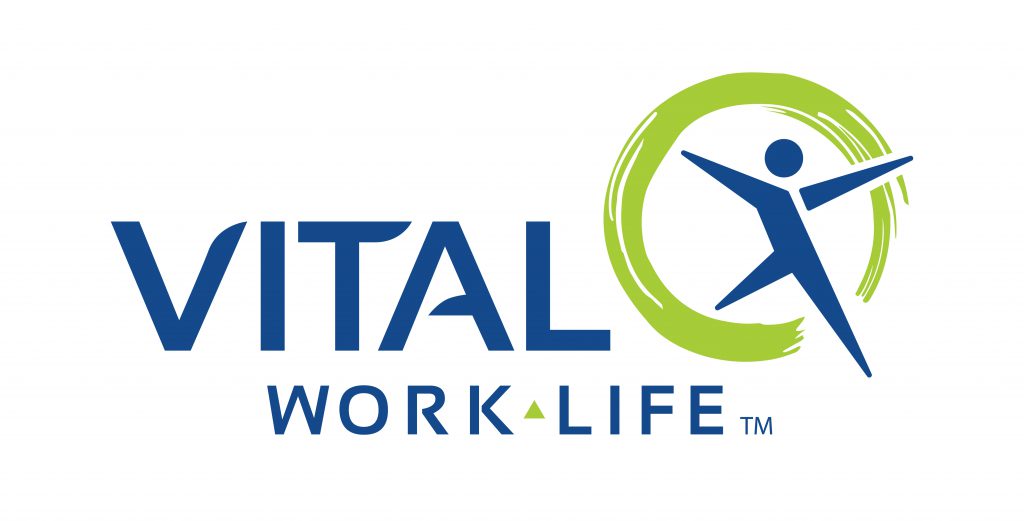The announcement comes after intense pressure from industry stakeholders and policymakers to ease implementation of theMedicare Access and CHIP Reauthorization Act, which is set to start Jan. 1, 2017. Two months ago, CMS Acting Administrator Andy Slavitt said the agency was considering delaying the start date.
Next year, eligible physicians and other clinicians will be given four options to comply with new payment schemes such as the Merit-based Incentive Payment System (MIPS) or an alternative payment model such as accountable care organizations.
Under MIPS, physician payments will be based on a compilation of quality measures and the use of electronic health records. About 90% of physicians are expected to pursue MIPS because a qualifying APM requires a hefty amount of risk.
In the first option offered Thursday, any data reported will allow providers to avoid a negative payment adjustment. The goal is to ease providers into broader participation in the following two years.
The second option allows providers to submit data for a reduced number of days. This means their first performance period could begin later than Jan. 1 and that practice could still qualify for a small payment if it submits data on how the practice is using technology and how it’s improving.
The third option is for practices that are ready to go in 2017.
“We’ve seen physician practices of all sizes successfully submit a full year’s quality data, and expect many will be ready to do so,” Slavitt said.
For months now, medical groups, including the American Medical Association, the American Academy of Family Physicians and the Medical Group Management Association, have campaigned toward the same end.
The AMA Thursday expressed relief that CMS listened to physicians’ concerns.
“The actions that the Administration announced today will help give physicians a fair shot in the first year of MACRA implementation. This is the flexibility that physicians were seeking all along,” Dr. Andrew Gurman, president of the AMA said in a statement.
“We’re making the consequences of not being ready more modest as these models start up,” Slavitt said in a call with Modern Healthcare.
Lawmakers had shown great concern for small and rural practices, which have said MACRA could force them to join hospitals or larger practices because of the paperwork and payment changes required.
Slavitt said the CMS is concerned about the potential conflicts and will address them in the final rule expected to drop in November.
“Some of the things that are on the table, (that) we’re considering include alternative start dates, looking at whether shorter periods could be used, and finding other ways for physicians to get experience with the program before the impact of it really hits them,” he said during a Congressional hearing in July.
Congressman Michael C. Burgess, a Republican doctor from Texas and chair of the House Energy and Commerce Subcommittee on Commerce, Manufacturing, and Trade said he was pleased CMS had heard his calls and the calls of his colleagues.
“Today’s announcement from CMS regarding the agency’s dedication to flexibility in the implementation of MACRA is proof of the benefits of keeping Congress involved in policy implementation,” Burgess said in a statement.
Slavitt said he hopes the flexibility his agency is offering providers will allow them to focus on patient care.
“The bulls-eye for us isn’t what will happen with this program in 2017, it’s about what will lead to the best patient care in the long term,” he said.
Chet Speed, vice president of public policy for the American Medical Group Association said his trade group remains concerned that the strict requirements to be an advanced APM will limit participation in that option and will hinder the goal of transitioning from volume to value.











